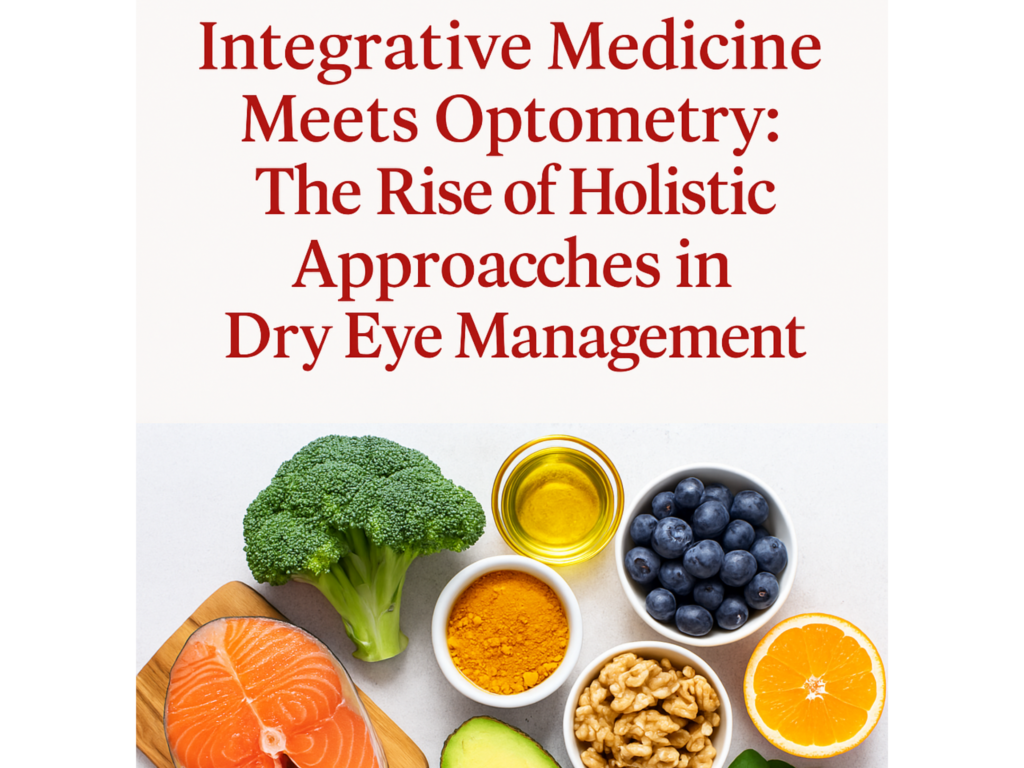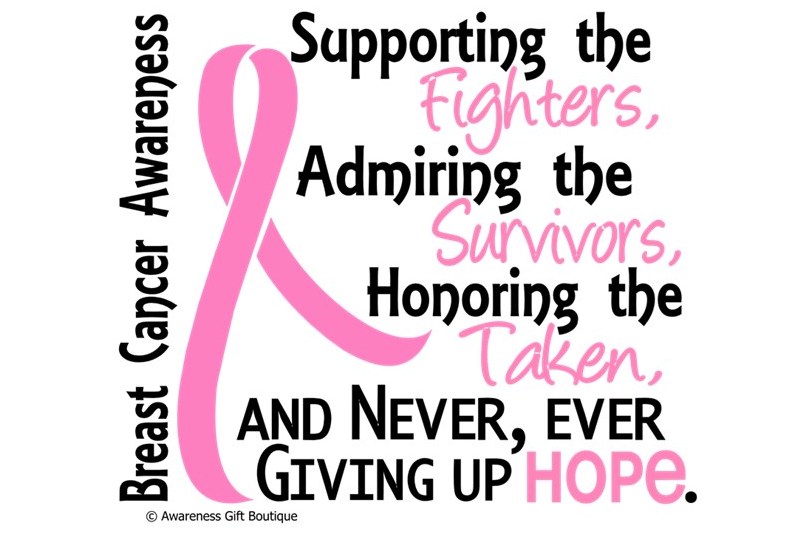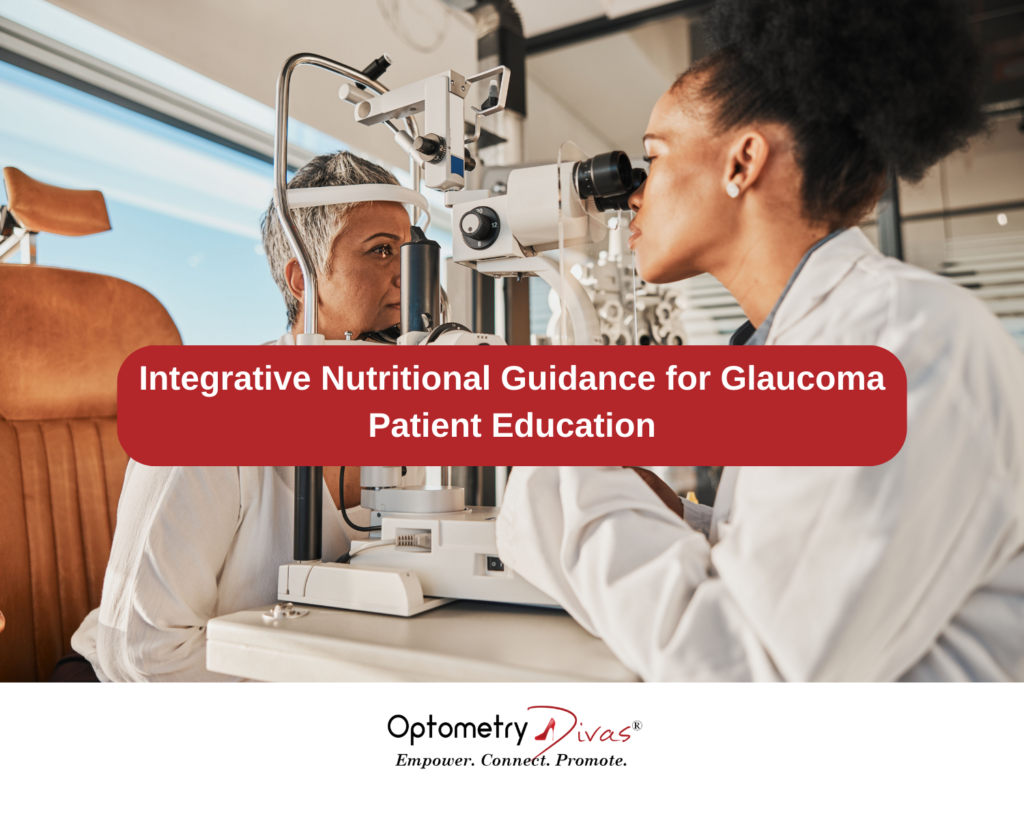Integrative Wellness and Self-Care Tips for Breast Cancer Prevention

Integrative Wellness and Self-Care Tips for Breast Cancer Prevention
Breast cancer remains one of the most prevalent cancers among women globally, with a significant impact on public health. Proactive self-care and wellness strategies are essential for prevention. Integrating holistic, functional, and conventional medicine can create a comprehensive approach to health. Here are seven evidence-based tips for reducing breast cancer risk, supported by clinical studies and indexes.
1. Adopt a Plant-Based Diet
A diet rich in fruits, vegetables, whole grains, and legumes can provide essential nutrients and antioxidants that support immune function and overall health. A meta-analysis published in Nutrients indicated that higher consumption of fruits and vegetables is associated with a reduced risk of breast cancer . The World Health Organization (WHO) recommends consuming at least 400 grams of fruits and vegetables daily to maximize health benefits .
2. Maintain a Healthy Weight
Obesity is a significant risk factor for breast cancer, particularly after menopause. The American Cancer Society highlights that maintaining a healthy weight through balanced nutrition and regular physical activity can reduce the risk of breast cancer . A study in the Journal of Clinical Oncology found that postmenopausal women who maintained a healthy weight had a lower risk of developing breast cancer compared to those who were overweight or obese .
3. Limit Alcohol Intake
Even moderate alcohol consumption can increase breast cancer risk. The Journal of the American Medical Association reports that women who consume more than one alcoholic drink per day have a 20-25% increased risk of breast cancer compared to non-drinkers . The American Institute for Cancer Research recommends limiting alcohol intake as part of a cancer prevention strategy.
4. Incorporate Mindfulness and Stress Reduction Techniques
Chronic stress can negatively affect your health and well-being. A review published in Cancer Epidemiology, Biomarkers & Prevention shows that mindfulness-based interventions can reduce stress and improve quality of life for cancer survivors . Techniques such as yoga, meditation, and deep-breathing exercises not only promote relaxation but also enhance immune function and reduce inflammation.
5. Prioritize Sleep Hygiene
Quality sleep is crucial for maintaining a healthy immune system and hormone balance. A study in the journal Sleep found that poor sleep quality and short sleep duration are associated with an increased risk of breast cancer . Aim for 7-9 hours of restorative sleep each night, and establish a consistent bedtime routine to enhance sleep quality.
6. Regular Health Screenings
Early detection is vital for improving breast cancer outcomes. The American Cancer Society recommends regular screenings, such as mammograms and clinical breast exams, to catch potential issues early. Studies show that women who adhere to recommended screening schedules have significantly improved survival rates when diagnosed with breast cancer .
7. Supplement Wisely
Certain supplements, such as vitamin D and omega-3 fatty acids, may support breast health. Research in the American Journal of Clinical Nutrition suggests that higher levels of vitamin D are associated with a lower risk of breast cancer . However, it’s crucial to consult with a healthcare provider before starting any new supplements to ensure they are appropriate for your individual health needs.
Conclusion
Integrating these wellness and self-care tips can empower women to take proactive steps in breast cancer prevention. By combining holistic practices with conventional medicine, women can enhance their overall health and resilience against breast cancer.
References
- “Fruit and Vegetable Consumption and Breast Cancer Risk: A Meta-Analysis,” Nutrients, 2016.
- “Obesity and Breast Cancer: A Review,” American Cancer Society, 2020.
- “Alcohol Consumption and Breast Cancer: A Pooled Analysis of 8 Studies,” Journal of the American Medical Association, 2013.
- “Mindfulness-Based Interventions and Quality of Life in Cancer Survivors: A Review,” Cancer Epidemiology, Biomarkers & Prevention, 2018.
- “Sleep Duration and Breast Cancer: A Prospective Study,” Sleep, 2016.
- “Breast Cancer Screening Guidelines,” American Cancer Society, 2020.
- “Vitamin D and Breast Cancer: A Review of the Evidence,” American Journal of Clinical Nutrition, 2018.





